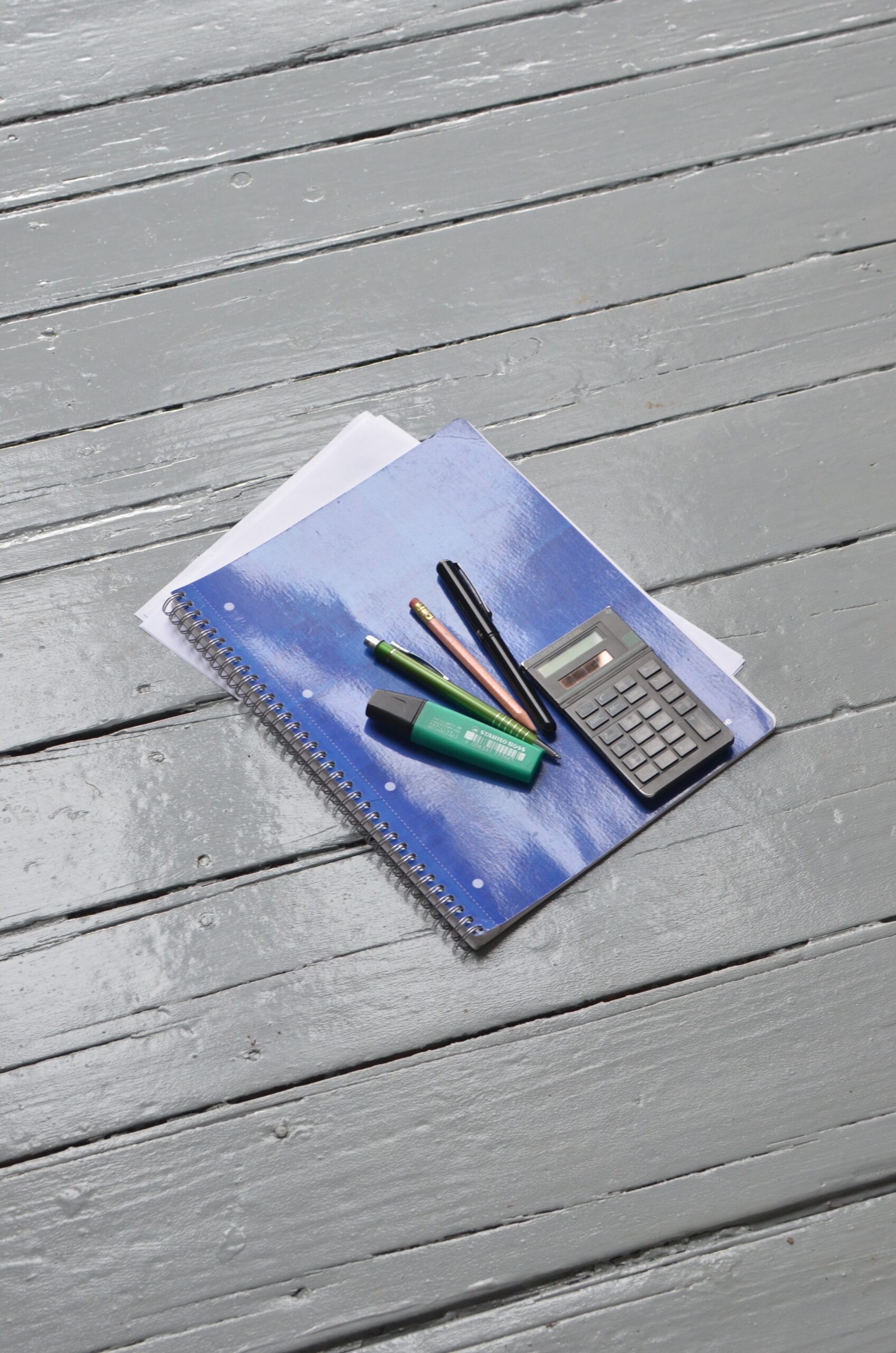7 systematic ways to organize your study habits for better grades:
Introduction:
As a student, you may have experienced the frustration of not retaining information or performing well on exams despite hours of studying. The solution may lie in organizing your study habits. Having a systematic approach to studying can help you retain information better, stay focused, and achieve better grades. In this blog, we will explore 7 systematic ways to organize your study habits for better grades.
- Make a Study Schedule:
One of the key components of organized study is creating a schedule. Plan out your study time in advance, taking into account the time you have available and the work you need to complete. This will help you stay focused and avoid procrastination.
Advantages:
- Helps you allocate enough time to each subject
- Avoids last-minute cramming and stress
- Increases your chances of retaining information
Disadvantages:
- Can be time-consuming to create initially
- Inflexible schedule may not work for everyone
- Requires discipline to stick to the schedule
- Use a Study Planner:
A physical or digital planner can be a helpful tool for staying organized. Write down your study goals and the steps you need to take to achieve them, as well as assignments, tests, and due dates. Having a study planner will keep you on track and ensure you don’t miss anything important.
Advantages:
- Easy to see upcoming deadlines and responsibilities
- Can help you prioritize your studies
- Encourages a sense of responsibility
Disadvantages:
- Can be easily lost or forgotten
- Not suitable for those who prefer a more flexible approach
- Requires regular updating
- Create a Study Space:
A designated study space can help you create a routine and make studying a habit. Find a quiet, well-lit area where you can study without distractions. This could be a desk in your room or a library.
Advantages:
- Helps you focus and avoid distractions
- Makes studying feel like a routine
- Encourages a positive mindset towards studying
Disadvantages:
- May not be feasible for everyone (e.g. shared living spaces)
- Can become cluttered and messy without proper organization
- Limits flexibility to study in different locations
- Take Notes:
Detailed notes can be a valuable resource when it comes to retaining information. Consider using a note-taking system, such as the Cornell Method, to make your notes more organized and effective.
Advantages:
- Helps you retain information better
- Serves as a useful reference for exams and projects
- Encourages active learning
Disadvantages:
- Can be time-consuming
- Requires discipline to take thorough notes consistently
- Notes may become cluttered and difficult to review without proper organization
- Use Flashcards:
Flashcards can be a helpful tool for memorizing information. Write down key terms, definitions, and formulas on index cards and quiz yourself regularly. This will help you review information quickly and efficiently.
Advantages:
- Effective for memorizing information
- Convenient and portable for on-the-go studying
- Fun and interactive way to study
Disadvantages:
- Limited to memorization only, without understanding the concepts
- Can be time-consuming to create
- Not suitable for every subject or type of information
- Get Enough Sleep:
Adequate sleep is crucial for staying focused and retaining information. Aim for 7-9 hours of sleep each night and avoid staying up late to study. Sleep will also help you feel more refreshed and ready to tackle your studies.
Advantages:
- Improves memory and focus
- Reduces stress and anxiety
- Increases energy and motivation
Disadvantages:
- Can be difficult to stick to a consistent sleep schedule
- May require sacrificing other activities for more sleep time
- Can be disrupted by outside factors such as sleep disorders
- Seek Help When Needed:
Finally, don’t be afraid to seek help when you need it. Whether it’s asking a teacher for clarification, seeking tutoring, or collaborating with classmates, reaching out for help can make a big difference in your studies.
Advantages:
- Improves understanding and retention of information
- Boosts confidence and motivation
- Provides a fresh perspective and new insights
Disadvantages:
- Can be embarrassing or uncomfortable to ask for help
- Tutoring or extra help may not always be available or affordable
- Collaborating with classmates may lead to distractions or conflicting study methods
Conclusion:
Organizing your study habits can help you perform better in school and achieve your academic goals. By following these 7 systematic ways, you can make the most of your study time, retain information better, and achieve better grades. Remember to find what works best for you and stick with it. Happy studying!
Recommendation:
If you’re looking for more tips and resources on organized study habits, consider these additional recommendations:
- Use study apps or websites for staying organized and on track
- Consider taking study breaks to avoid burnout
- Stay hydrated and eat nutritious food to support your brain function
- Find a study group or a study buddy for accountability and motivation.



